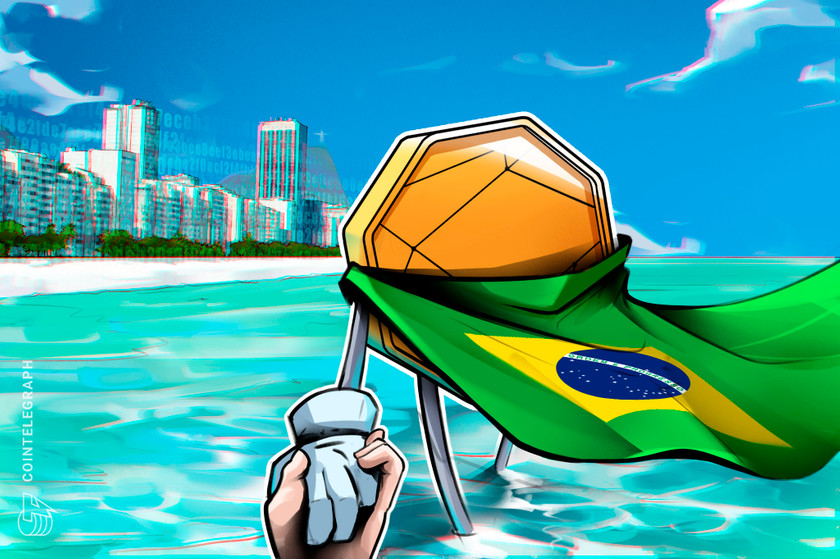As the global crypto community is still licking its wounds from the FTX collapse, a liquidity crisis continues to spread around centralized exchanges and decentralized finance (DeFi) alike.
It is soon to be decided whether the coming regulation triggered by FTX’s bankruptcy will bring a silver lining to crypto.
The Chamber of Deputies of Brazil, the lower house of the country’s federal legislative body, has passed a regulatory framework that legalizes the use of cryptocurrencies as a payment method within the country.
It is estimated that 10 million Brazilians, or about 5% of the population, trade crypto assets.
The largest centralized exchange in Brazil is a local business called Mercado Bitcoin, with roughly three million users. International players like Coinbase or Gemini do not have such a relevant presence in Brazil.
Thus, global bankruptcies like FTX’s have not affected the blockchain market in Brazil as strongly as in the United States or Europe.
Recent regulatory news from Brazil gives a ray of hope as other countries around the world are targeting the cryptocurrency industry without making any distinction between good and bad actors, especially in the U.S. and Europe.
In a blog post titled “Bitcoin’s last stand,” the European Central Bank warned banks against interacting with digital currency as it could taint their reputation, claiming BTC is hardly used for legal transactions and that the regulatory attention it is currently receiving from lawmakers around the world could be “misunderstood as approval.”
The U.S. Commodity Futures Trading Commission (CFTC) continues to aggressively police new digital commodity asset markets. According to a report from the CFTC, a total of 82 enforcement actions were filed in 2022’s fiscal year, imposing $2.5 billion in “restitution, disgorgement and civil monetary penalties either through settlement or litigation.”
Although the framework voted by the Brazilian Congress doesn’t make Bitcoin legal tender as it was achieved in El Salvador, legalizing crypto as a payment method is a positive step toward encouraging local businesses to adopt and transact using crypto.
Salvadoran President Nayib Bukele announced that the country would be implementing a Dollar-cost average trading strategy to accumulate Bitcoin. After buying a large chunk of its Bitcoin reserves at market heights, El Salvador currently finds most of its crypto investment to be underwater.
Current crypto landscape in Brazil
Brazil…
Click Here to Read the Full Original Article at Cointelegraph.com News…
























